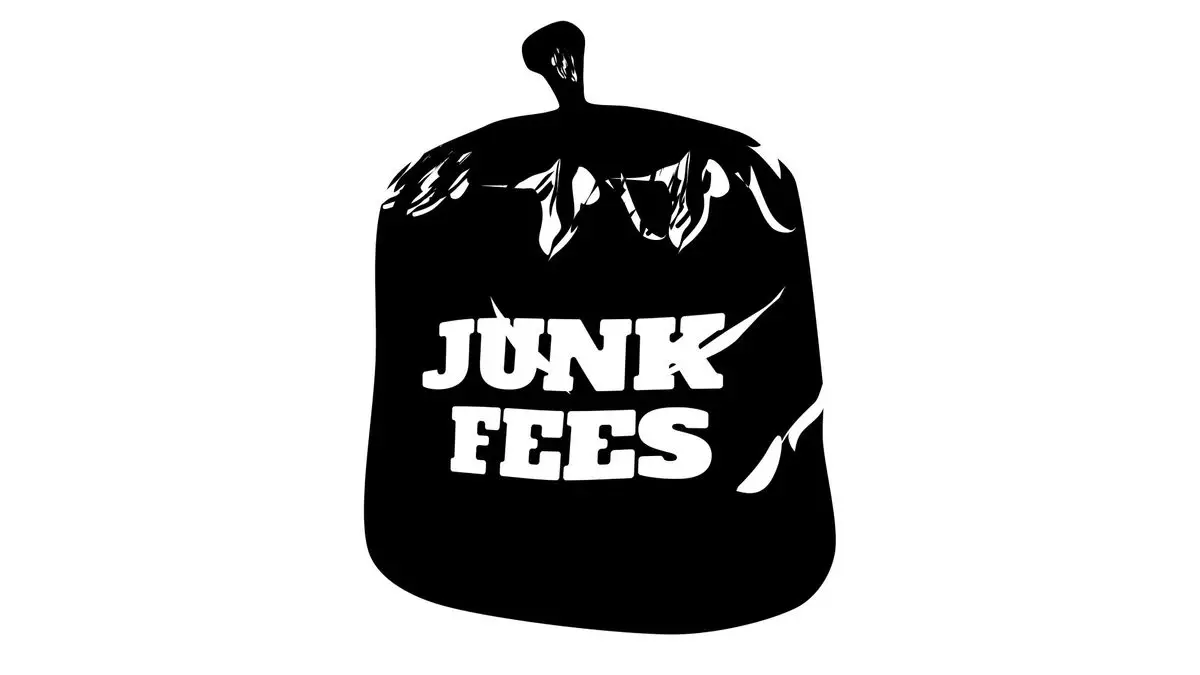In an effort to enhance consumer protection and promote transparency, the Federal Trade Commission (FTC) has enacted a significant rule that prohibits hotels, vacation rentals, and other short-term lodging establishments from concealing mandatory fees. This initiative, known as the Junk Fees Rule, mandates that businesses disclose the total cost of services upfront, inclusive of all necessary fees, in their advertising and listings. Such a regulation is essential in combatting deceptive pricing practices that have often left consumers frustrated and confused.
Junk fees—commonly referred to as resort, convenience, or service fees—have become a prevalent issue in the hospitality and ticketing industries. These charges frequently emerge late in the purchasing process, leading consumers to believe they are encountering a bait-and-switch scenario. The new rule introduces a more straightforward approach, demanding that hotels and vacation rentals display all required fees alongside base prices. The intention is not only to prevent consumer frustration but also to build trust between businesses and their customers.
Lina Khan, chair of the FTC, emphasized the importance of this rule by stating, “People deserve to know upfront what they’re being asked to pay.” This statement encapsulates the ethos of the regulation: ensuring individuals can make informed decisions without the looming threat of unexpected costs.
The implications of the Junk Fees Rule are far-reaching. The FTC estimates that this regulation will save consumers a staggering 53 million hours annually, time that would otherwise be wasted in the search for clear pricing information. Additionally, it is projected to save consumers over $11 billion over the next decade, providing significant financial relief to the public.
This rule reflects a growing movement toward transparency in various markets, echoing similar actions taken by regulatory bodies worldwide. By setting strict guidelines regarding fee disclosures, the FTC not only enhances consumer awareness but also pressures businesses to adopt more ethical pricing strategies.
Following a 4-1 vote by the FTC, the Junk Fees Rule is set to take effect 120 days after its publication in the Federal Register. The creation of this regulation followed extensive public input, with over 72,000 comments submitted regarding the issues of hidden and misleading fees. Such public engagement underscores the significance of consumer voices in shaping policy.
Moving forward, this rule may set a precedent for other industries plagued by hidden fees. As consumers become increasingly vigilant about transparency, businesses across various sectors may face heightened scrutiny. The expectation of clear, upfront pricing may redefine standard practices and compel companies to reconsider their pricing structures.
As the implementation date approaches, it will be crucial for consumers and businesses alike to adapt to this new regulatory landscape. Consumers should remain informed about their rights and the changes brought forth by this rule, while businesses will need to ensure compliance to avoid potential penalties. Ultimately, the FTC’s Junk Fees Rule represents a significant victory for consumer rights, fostering an environment where transparency is prioritized and consumers can make informed purchasing decisions.


Leave a Reply